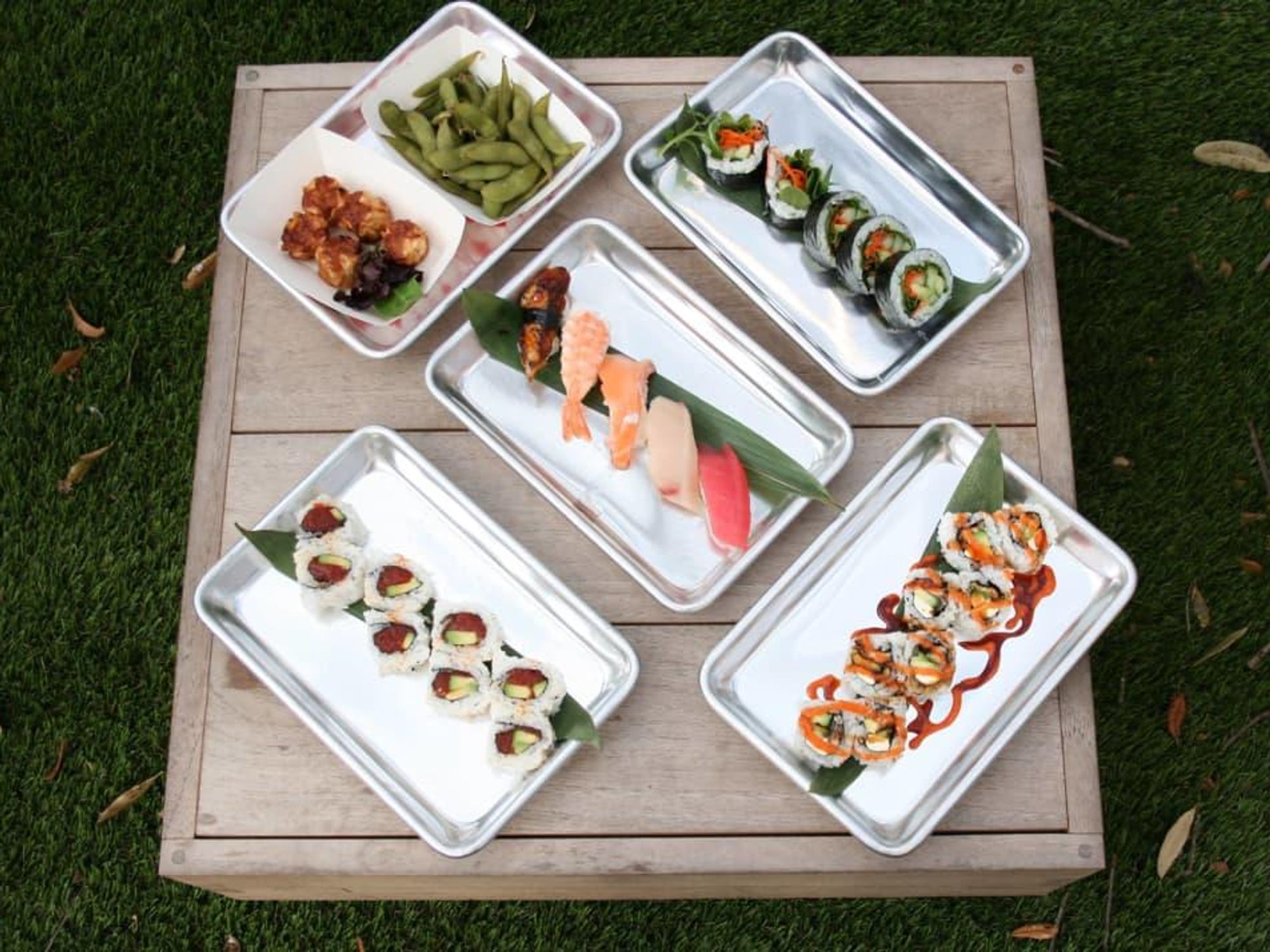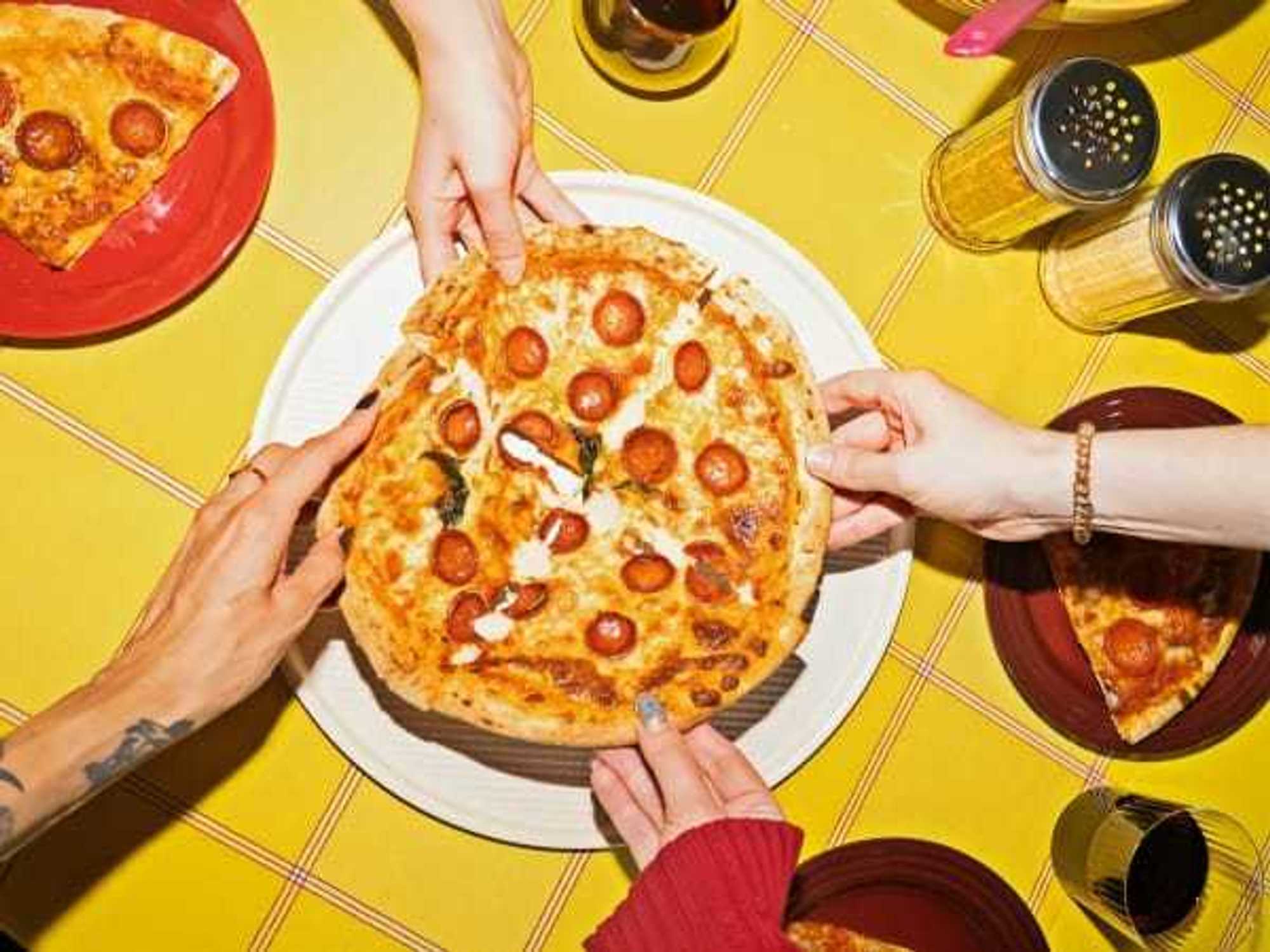COVID-19 Closure
Downtown Austin ramen and sushi spot shutters permanently due to COVID-19

The owners of Ni-Komé, the sushi and ramen stall at downtown’s Fareground Food Hall, announced Thursday, August 13, that they will close the location permanently as a result of the COVID-19 pandemic.
This is the second store the restaurant group has closed this summer, with the popular Daruma Ramen on East Sixth Street shuttering in June.
“We had to send a message to all employees at Ni-Komé that we won’t be able to reopen and we won’t be able to have them back,” says co-owner Kayo Asazu. “That is the hardest part… The sadness that I have is that I couldn’t hire back all the people at Daruma and Ni-Komé, and I’m just wishing the best of luck to [them]. That’s my main concern, and I’m hoping they will be okay.”
Ni-Komé was a satellite outpost in the group’s family of restaurants. It offered an abbreviated version of the sushi menu from their flagship location, Komé Sushi Kitchen, as well as their signature chicken broth ramen bowls from Daruma Ramen. Komé Sushi Kitchen on Airport Boulevard remains open for takeout, and they’ve added the chicken broth ramen to their offerings.
At the onset of the coronavirus pandemic in March, Fareground announced it was temporarily closing the food hall. Since then, only Israeli street food stall TLV has reopened at limited capacity, with other vendors like Dai Due Taqueria and Contigo remaining closed for the time being.
Ni-Komé was among Fareground’s original vendors when it opened in 2018, and it is the first since the start of the pandemic to announce it will not be returning.
Ni-Komé adds its name to an increasingly long list of restaurants all over Austin that have permanently closed due to the pandemic and resulting economic upheaval. With longtime Austin mainstays like Threadgill's, and critically acclaimed award magnets like The Brewer’s Table unable to stay in business in the current and ongoing conditions, many fear the industry as a whole is destined for more hardship.
For their part, Kayo and her business partner and husband, Takehiro Asazu, are trying to keep busy and stay creative with their other restaurants.
“I have the same amount of time every day and the same amount of energy, so right now I’m just focusing more energy to the rest of the stores,” says Kayo.
Since pivoting to a takeout model at Komé, Asazu says they are running more daily specials and they’ve added groceries like dry noodles and Japanese snacks to their menu. They are planning to reintroduce delivery service in the near future.
